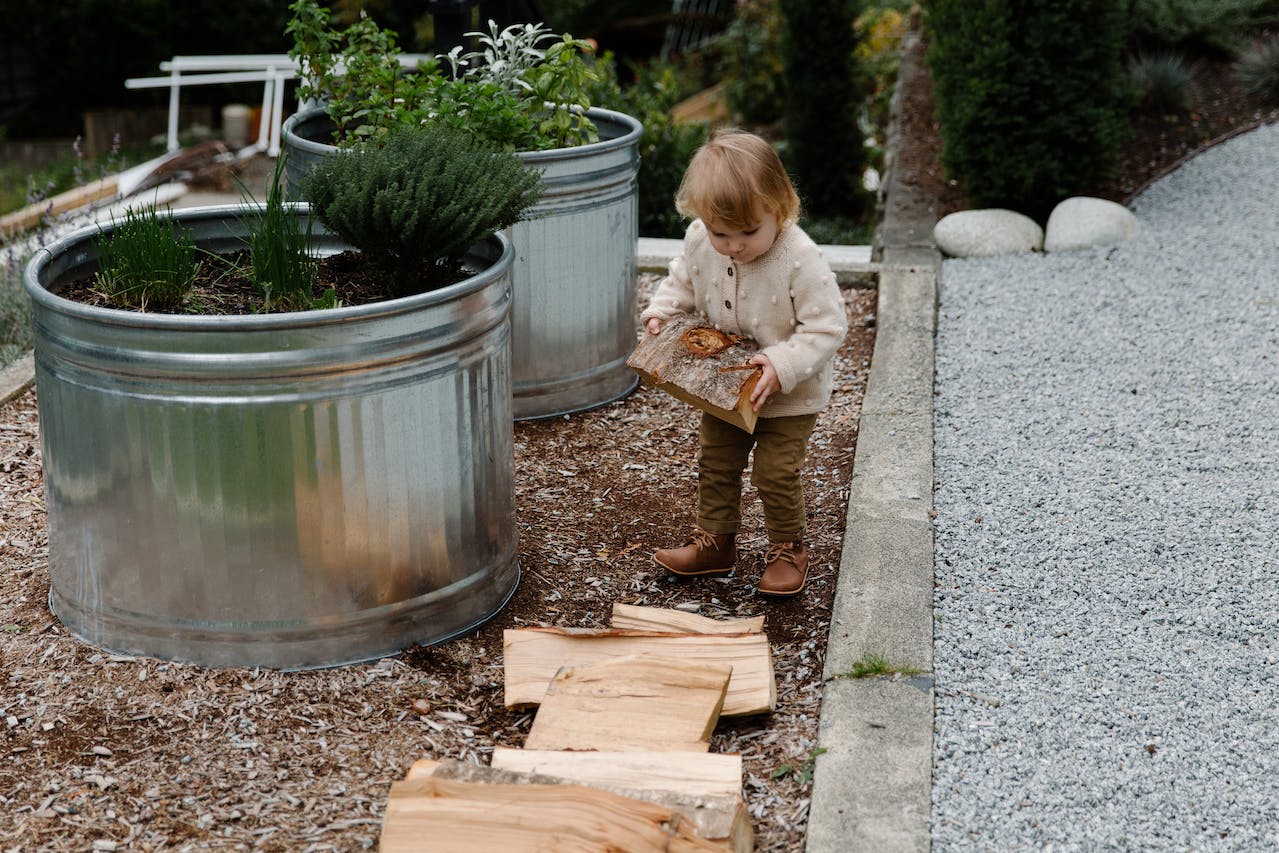Working hours
Mon - Fri: 8am to 5pm
Mon - Fri: 8am to 5pm
Share


For many adults, maths is a bit like Marmite. You either love it, or you hate it. And that has a lot to do with how we experienced learning maths during our childhood.
The thing is, maths is important. Simple maths concepts we learn as kids forge the foundations for skills we need in adult life.
So how can we encourage the adoption of maths concepts and support children to learn to love maths in early years?
The Early Years Foundation Stage statutory framework requires settings and practitioners to:
‘…develop positive attitudes and interests in mathematics, look for patterns and relationships, spot connections, ‘have a go’, talk to adults and peers about what they notice and not be afraid to make mistakes’.
There are many adults, including those working as practitioners in early years settings, who do not like maths or are scared of the subject. And this can be passed on unintentionally to the children in their care.
It’s crucial for those of us who have had bad experiences with maths to do everything we can to embody a positive attitude towards the subject, see maths as one of the many moving parts of how the world works and enhance our current practice to include more mathematical concepts – without fear.
Maths in early years is not scary and should be fun!
It’s hard NOT to incorporate maths into everyday activities!
Weighing and measuring out are two huge mathematical concepts that children enjoy when cooking. Making playdough, although inedible, is a similar activity involving the same concepts but with a more interactive (and less delicious) outcome!
If your nursery plans to grow fruit and veg in the spring, you can rest assured the children will absorb maths as they go. From counting seeds, to height measurements, to the shape of your garden plot or raised beds, maths is on topic in the garden.

Interactive, child-led activities can arise from a nursery environment that provides materials and resources integrating science, technology, engineering and maths practices. Ideas such as using weighing scales, testing the floating and sinking capabilities of items, junk modelling and construction toys all engage young, curious minds.
Whether it’s loose parts, friends or grapes left in the snack box, counting is a very simple way of bringing maths into your nursery day. You’re likely doing it already!
Ever thought about how many early years activities also incorporate sequencing without you even having to try? Baking cookies, growing plants from seeds, crafts with multiple steps and preparing and eating a picnic are all examples of sequencing taste that help children to recognise patterns. Sequencing skills are also key for learning how to tell the time later on.
Maths doesn’t need to be a planned activity that you purposefully incorporate into the nursery day.
Instead, you can make some simple alterations to your current provision that extend the possibilities children have for interacting with the various spaces and items within them.
For example, think about adding egg timers, scales, measuring jugs and cookbooks or recipe cards to your home corner. In your loose parts area, make sure you have multiple treasure baskets filled with items of different shapes and sizes, perhaps including numbered blocks that can be counted or objects that can be sorted logically.
Learning doesn’t start happening at preschool age. Babies are learning maths from a young age through spatial reasoning – the understanding of how objects can move in a 3D world.
Ever seen a baby look at their hand or foot and realise they can move it? Babies use spatial reasoning skills to understand the world around them.
From recognising body parts to understanding that a person can go away and then come back again, babies are continually learning about spatial understanding, and play goes hand in hand with the process. Peekaboo and shape sorters are two prime examples of games and activities that aid children in learning spatial concepts.
As luck would have it, spatial understanding is an important building block of mathematical thinking, including problem-solving and later maths skills.
Many parents hold a gut-felt dread of maths, too. Working to let go of this fear when your kids are young is the best thing you can do to foster a love of maths, and practice is the way forward!
Don’t worry; we don’t mean running through your times tables. Early maths is all about everyday functions, and it’s fun. Expose children to the language that surrounds time, measurements, shapes and sequences, and you’ll soon see your child begin to work things out for themselves.
Take a good look at your day, whether you’re a parent or a practitioner. We’re willing to bet everyday maths is already happening organically.
To enhance your provision and ensure you’re satisfying EYFS guidelines, find out more about everyday maths and join our course with….
With the ever-changing regulations and guidance, join our monthly newsletter to stay current and learn more about running a better childcare setting.
Simply enter your details below to join our mailing list.
"*" indicates required fields
By completing this form you are agreeing to our privacy policy You can unsubscribe at any time

Millennium House, High Street,
Studley, Warwickshire, B80 7HJ.